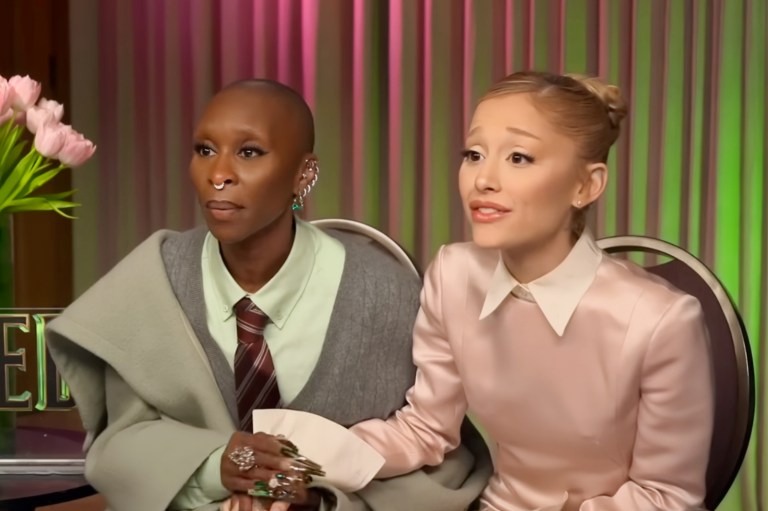
Why We Owe It To Ourselves To Stop Falling In Love With Potential
Real life is not a Nicholas Spark's book in which a person changes every fiber of their being for true love.

When I was in my late teens, I dated someone that struggled with addiction. I was not aware of the severity of the issue and I chose to take a “strength-based approach” and focus on the positive because when you’re nineteen and an idiot, love conquers all. While he was flawed, he was good-looking and charismatic with a sense of humor. I chose to minimize his crippling anxiety and insecurity and instead focus on the man he could become with just some tender loving care and a dash of codependency. Although addiction has roughly a 10% recovery rate, I was certain that my relentless effort and dashing good looks would overcome trivial forces, such as human nature and scientific findings. When I finally ended the relationship because I could no longer ignore how unhealthy the situation was, he made a profound statement that changed the way I approached dating moving forward:
“You fell in love with my potential.”
He was absolutely right- I fell in love with everything he could be if he could overcome addiction, if he improved his self-worth, if he could only cope with his insecurity and treat me as a partner rather than a possession- but he couldn’t. I was merely tolerating who he was in the present because I was in love with the person I believed he would become in the future.
Throughout this process, I learned that there is no greater waste of one’s time than to fall in love with potential.
We sometimes become attached to people that fall short of meeting our standards but yet, we foolishly hold out hope that they will somehow abandon deeply ingrained habits, characteristics, and behavior patterns to meet our needs. A person’s core values are not malleable and require relentless, consistent effort over extended time in order to change. Nagging someone daily because they do not meet our standards or expectations is both pointless and foolish.
When purchasing a vehicle, we presumably look for a model that meets our expectations. We make decisions based on what qualities are most important to us as consumers, such as safety, speed, or aesthetic appeal. If we were originally looking for a safe, family-friendly vehicle but walked off of the lot with a two-door death trap in cherry-red that accelerates at an alarming speed upon grazing the pedal- we have to reconcile that decision, which varies significantly from what we originally sought. We can choose to love our new sports car as is or we can trade it in for a sedan with a five-star safety rating. What would not make sense is to buy a sports car and then try to convert the vehicle into a soccer mom van. Attempting to convert people is just as ridiculous.
Relationships are not DIY projects in which a person can be rehabbed into the whims of their partner. Find someone that already possesses similar values and characteristics rather than trying to mold another into being more suitable. We cannot change others but we can surely decide who we give our time to. If we waste years of our lives waiting on someone to become the person we so desperately seek- the fault is our own. Stop waiting on the party boy to want to settle down and propose and please stop holding your breath for her to become more responsible and ambitious. He was smashing beer cans on his head while banging sorority girls and she was sleeping until noon and selling weight-loss wraps online when you met- there were signs.
We can stay and hold out hope for a transformation or we can find someone that does not require us to start from scratch. Staying sends the message that we accept and/or tolerate someone as they are. If that is not the case, then we must leave.
Setting an intention with clear expectations and boundaries is most important when engaging in relationships. People often find a partner without understanding their core values and what they truly expect from their counterpart. If you expect your significant other to be compassionate, kind, and understanding but you’ve chosen someone that is selfish and narcissistic- there is an inconsistency between expectations and reality. Most well-adjusted people would see this dissonance as a sign that they have erroneously chosen a partner that they are not compatible with and may then decide to leave the relationship. Others, blinded by optimism, are under the naive impression that their partner will be “saved” by daily reminders to be different and will soon become the soul mate that they always imagined. The latter are often wrong and frequently disappointed.
The best predictor of future behavior is past behavior.
If someone has been an apathetic, cold, immature individual for the majority of their life, they will likely remain that way. While behavior is often on a spectrum and small degrees of change can occur, complete shifts in personality are highly unlikely if not intrinsically motivated. I have been a Type A, sarcastic, insensitive control freak since I can remember and will likely remain that way well into senility.
Real life is not a Nicholas Spark’s book in which a person changes every fiber of their being for true love. Sometimes, we have to acknowledge that hope is a four-letter word and that frogs do not turn into princes.
Most importantly, we have to stop wasting our time on what could be while ignoring what is right before us. We have to stop falling in love with potential. ![]()











